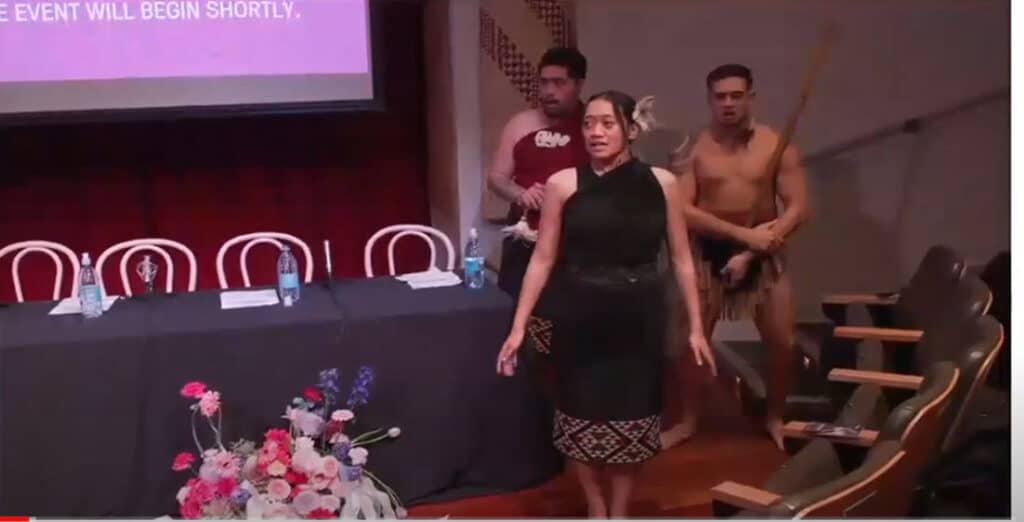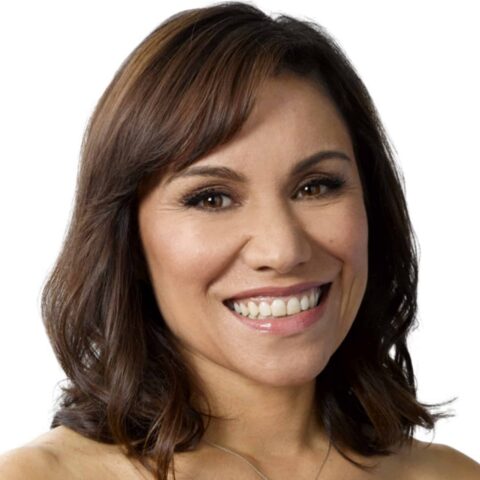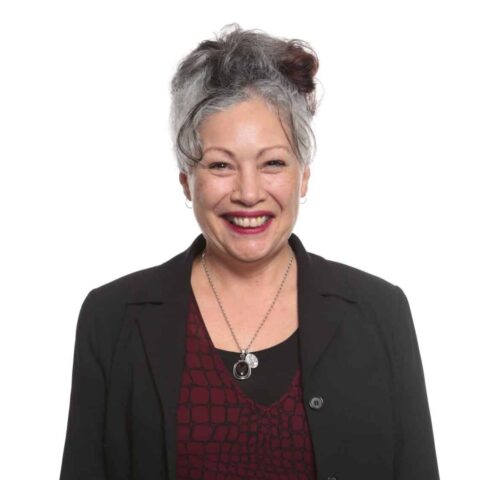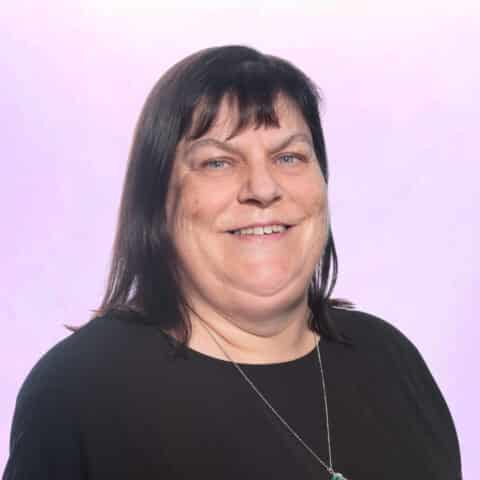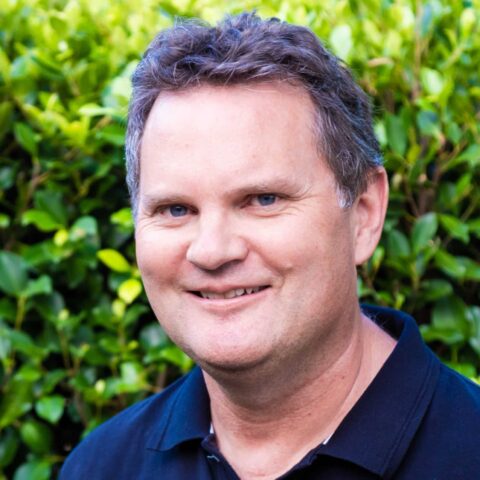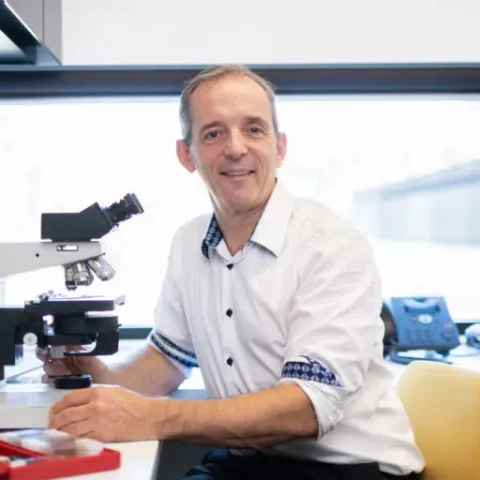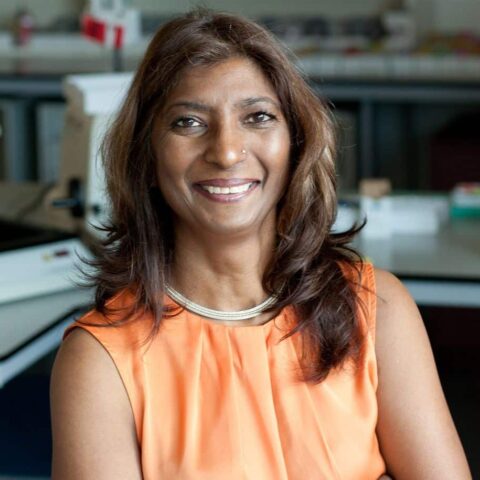- Research
- 2022-2026 Research Strategy
- Open Clinical Trials
- Closed Clinical Trials
- What is a Clinical Trial?
- Why Participate in a Clinical Trial
- Remote Telehealth Pre-Screening Process
- Research Achievements
- Publications
- Research Development and Funding
- Participating Institutions
- International Collaboration
- BCT Trials & Projects Summary
- Translational Research
- Clinical Fellowship Program
- International Fellowship Support
- Annual Scientific Meeting
- Travel Grants and Awards
- About
- Our Impact
- Fundraise
- Donate
- Researcher Login
- Cart
Breast cancer is the most commonly diagnosed cancer for women, including those from Māori, Pasifika and Indigenous Australian communities.
While overall survival rates have improved, women from these communities have higher breast cancer mortality, lower breast screening rates and are under-represented in clinical trials research, when compared to the wider population.
Findings from the report 30,000 Voices: Informing a Better Future for Breast Cancer in New Zealand, found that Pasifika women are 52% more likely and wāhine Māori are 33% more likely to die of breast cancer within 10 years of diagnosis, compared with pàkehà (European ancestry) women.
In addition, wāhine Māori were more likely to have higher-risk HER2-positive breast cancer than European women. Pasifika women have the highest rates of life-threatening stage 3 and 4 breast cancer and of HER2-positive cancers, and more fast-growing grade 3 tumours than all other ethnicities.
In Australia, although Aboriginal women are 0.9 times as likely to be diagnosed with breast cancer, they are 1.2 times more likely to die from breast cancer than the wider population. The five-year survival for Aboriginal women with breast cancer is also lower at 81% compared to the general population of 92%.
Breast screening rates for Aboriginal women are also lower compared to non-Indigenous Australians, at 37.3% compared to 53.2%.
In our latest Q&A event, which will be broadcast live from Auckland Museum in New Zealand, we will be examining the issues facing women in these communities as they relate to breast cancer, the challenges of recruiting culturally and linguistically diverse patients to clinical trials, access to breast cancer screening, the collection of patient data to better inform policy and how outcomes for women in these communities may be improved.
Moderated by New Zealand Television and Radio Broadcaster, Stacey Morrison, join our panel of experts as we hear first-hand from women that represent Māori, Pasifika and Indigenous Australian communities, about their breast cancer experience.
For more information about breast cancer in Māori, Pasifika and Indigenous communities:
- 30,000 Voices: Informing a Better Future for Breast Cancer in New Zealand– this report was produced by the Breast Cancer Foundation National Register and the Breast Cancer Foundation NZ
- Ministry of Health NZ
- Cancer Australia – Our Mob and Cancer
- Australian Institute of Health and Welfare

